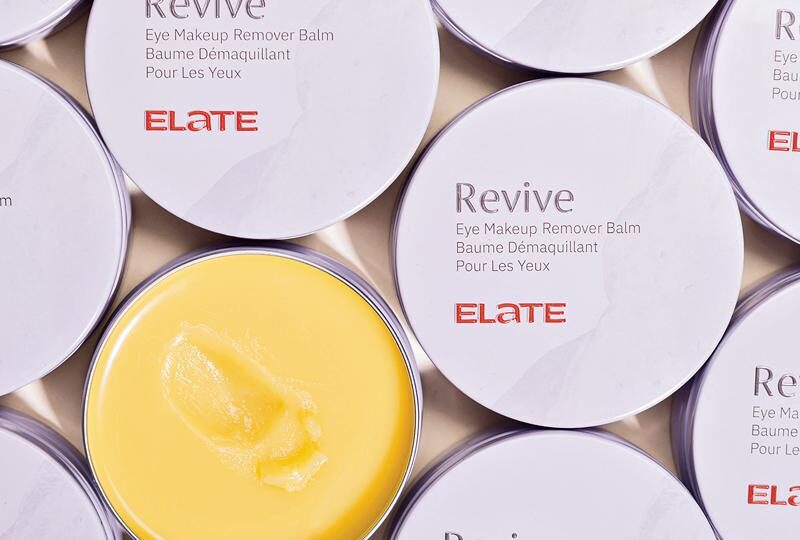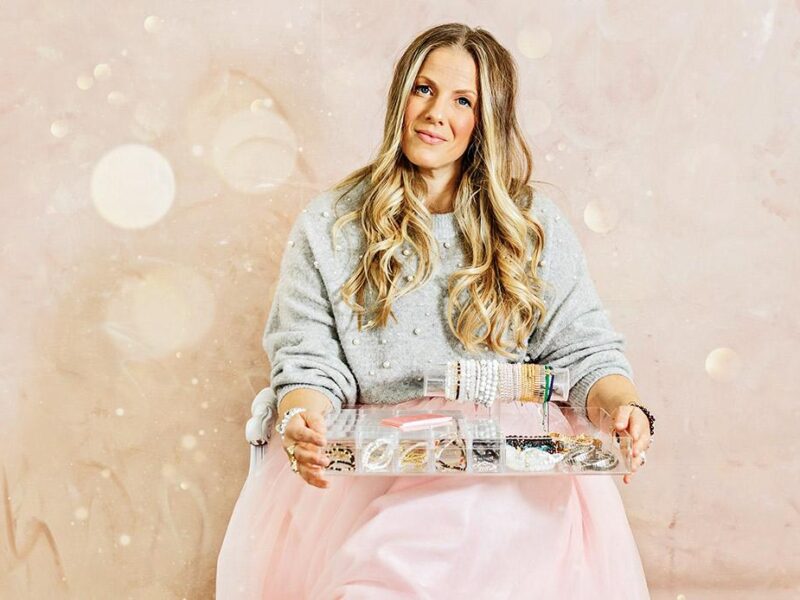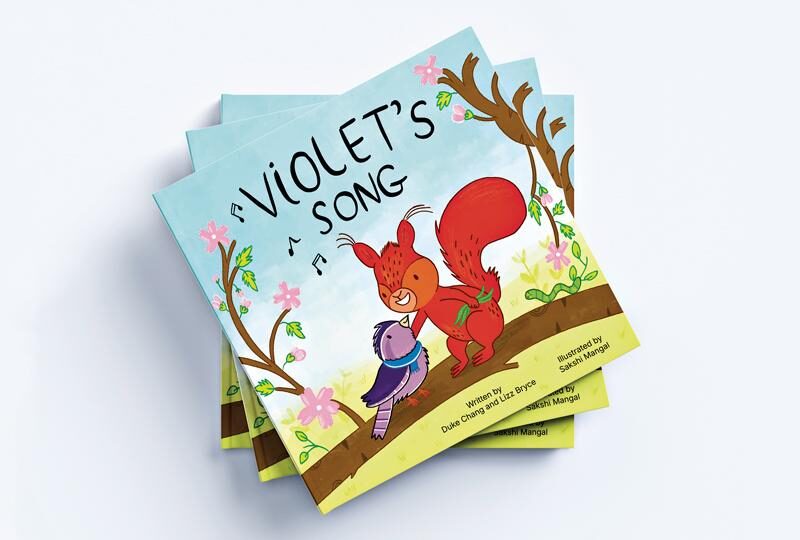The dreaded “I hate you”
I wasn’t naïve. In fact, I knew it was inevitable, and I looked at it like a rite of passage into the teenage years, but what I didn’t expect was to hear the dreaded phase “I hate you” coming from my five-year olds’ month.
The first time I heard it, I was flabbergasted. My mouth hung open and my eyes brimmed with tears as I watched my sweet, innocent five-year-old daughter storm off in a huff because I told her “no”. I don’t even remember what I said no to – probably something insignificant like no treats or no more TV. The next hurtful phrase came a few weeks later “I wish I wasn’t your kid” followed by “You’re the worst mommy ever” and “Why don’t you love me?”
While I tried not to take these outbursts personally, what really irked me was that these hurtful words were only being directed at me – not Daddy. Either she was petrified at saying such things to her father or she only felt them towards me. Either way, I was less than impressed and turned to my mom friends for sympathy and understanding. What shocked me is that my daughter seemed to be a late bloomer. Some friends confided that their kids started as early as three-years old.
Putting things into perspective helped resolve any hurt feelings that lingered after an emotional outburst. Besides, I vividly recall saying the exact same things to my mom as a kid.
Here are a couple of things to keep in mind when your kid drops a hurtful phrase that momentarily breaks your heart:
- Although your child’s verbal assaults can be hurtful, try not to take them personally. A young child feels one emotion at a time – rage, anger, happiness, joy. Often they need to calm down before you can engage with them.
- Remember that we all get cranky if we’re tired or hungry, so try to prevent these triggers
- Once the outburst is done, sit down for a cuddle and a heart-to-heart. Let them know how their hurtful words made you feel
- Vent to your partner, mom friends, your mom – chances are you are not the only one going through this





